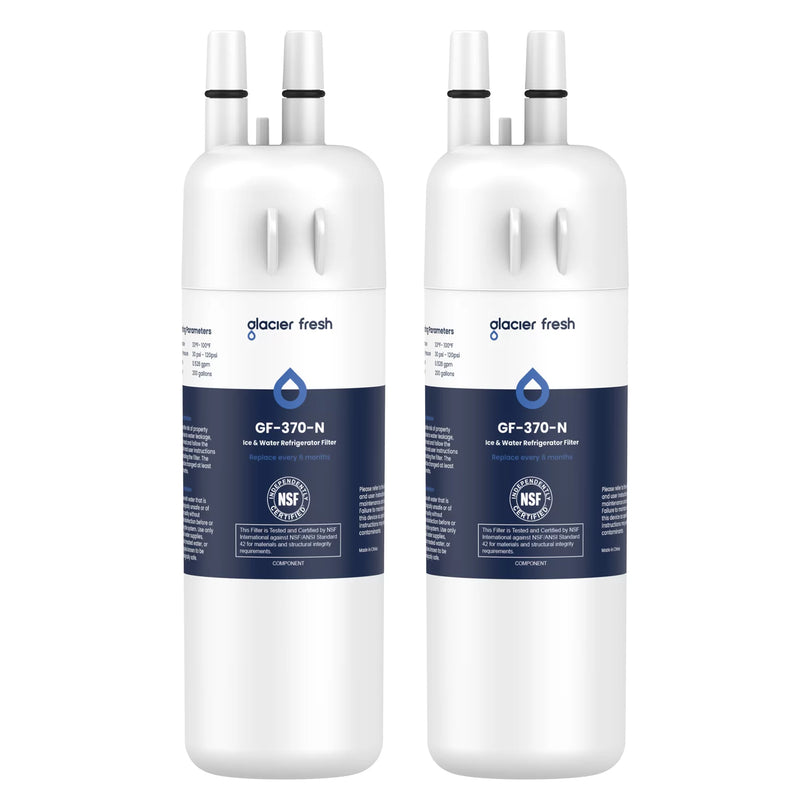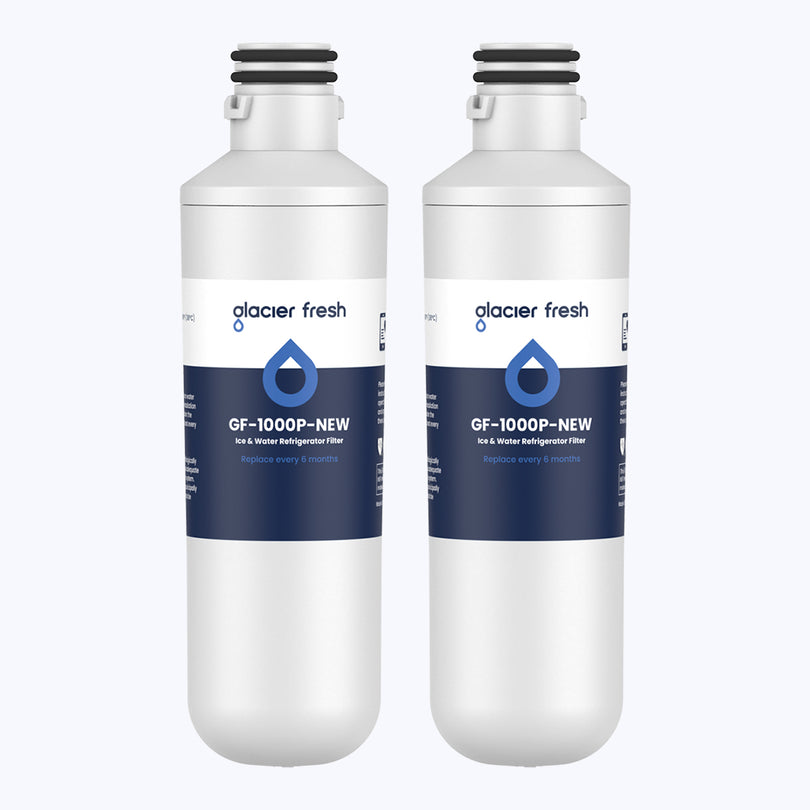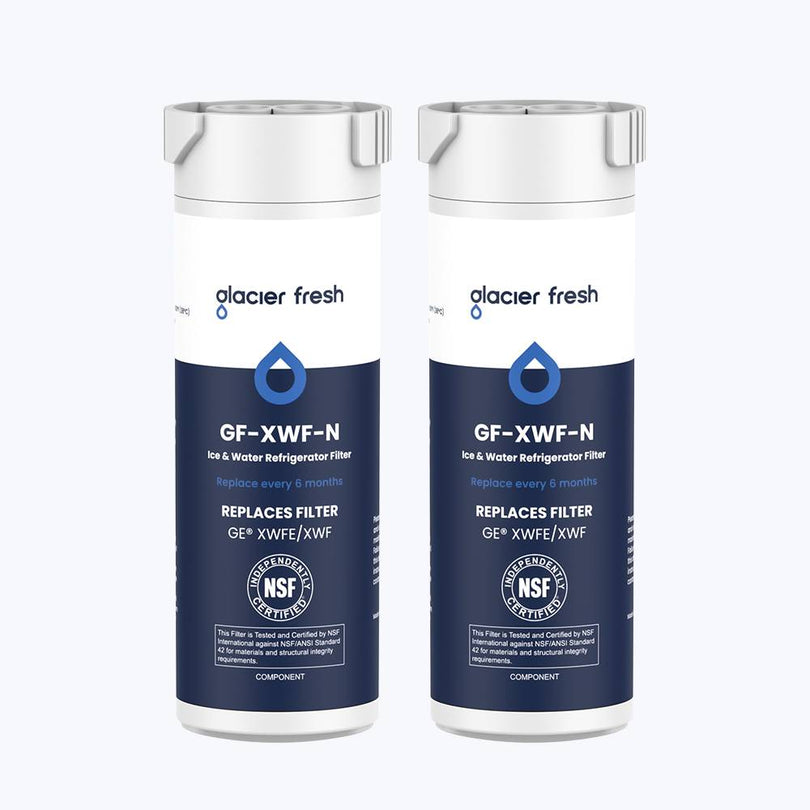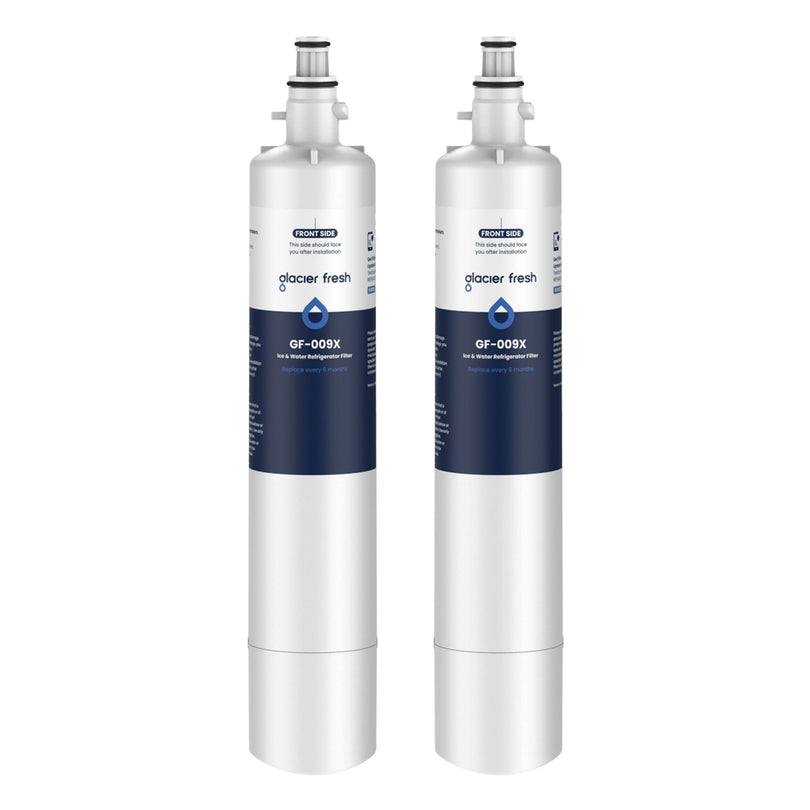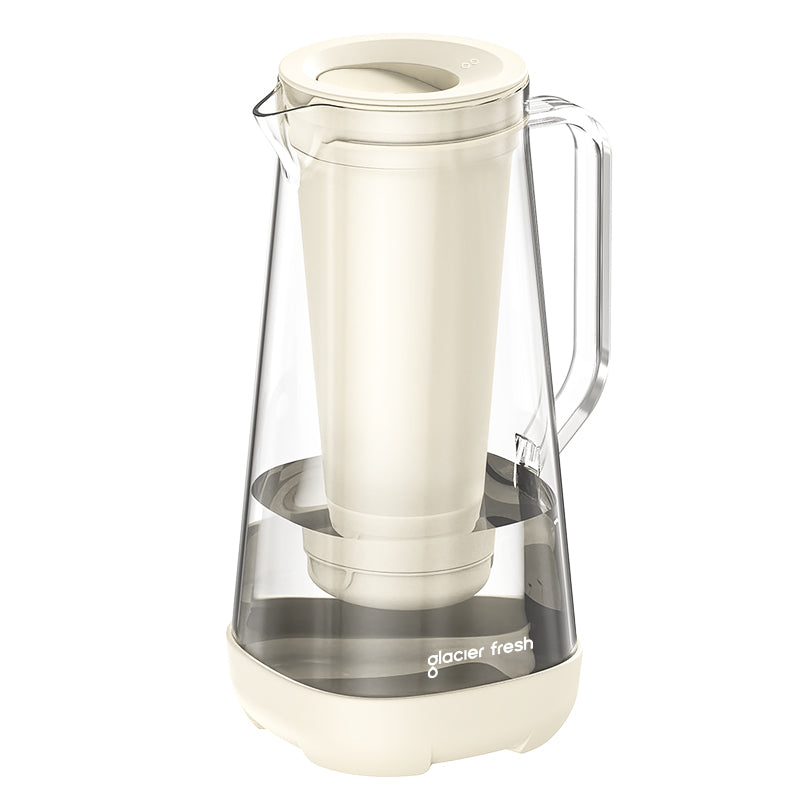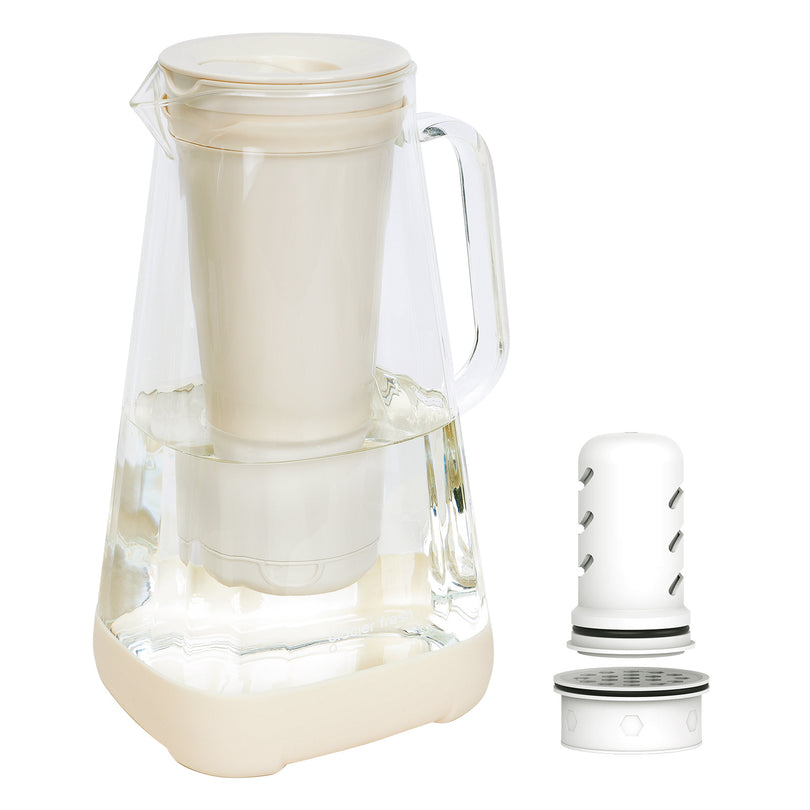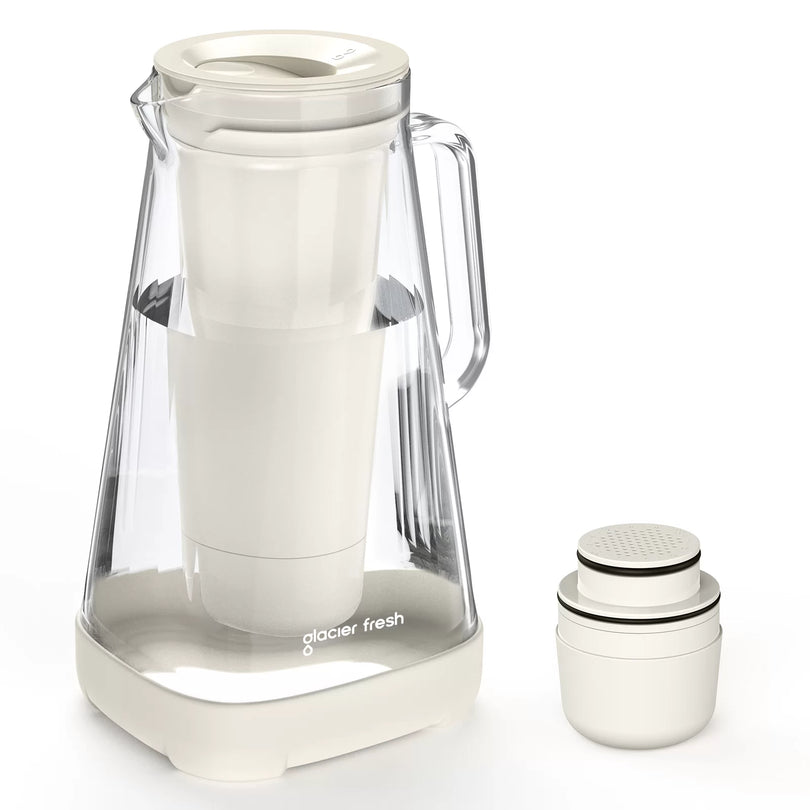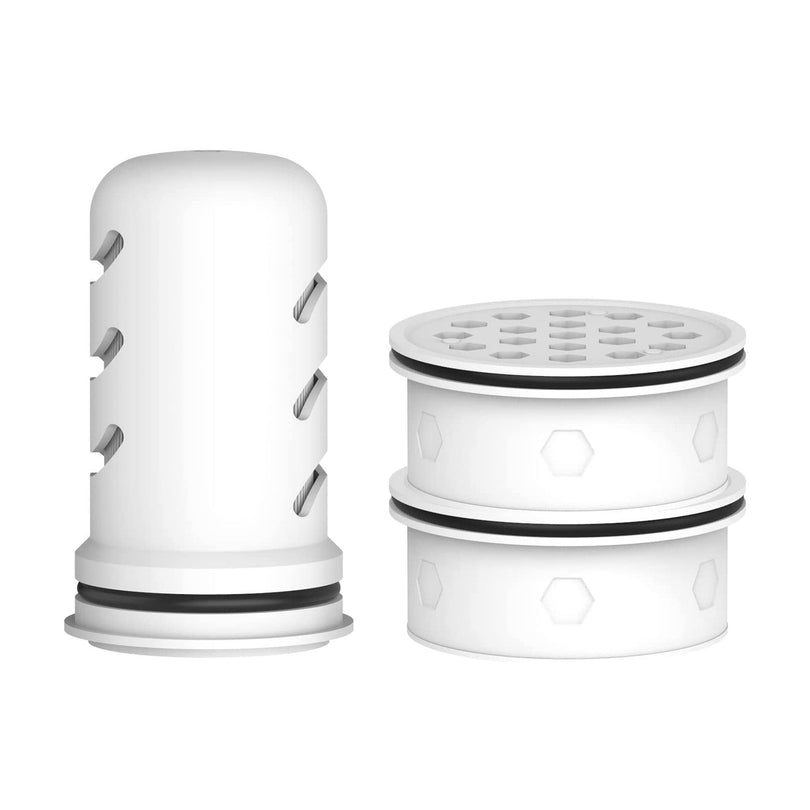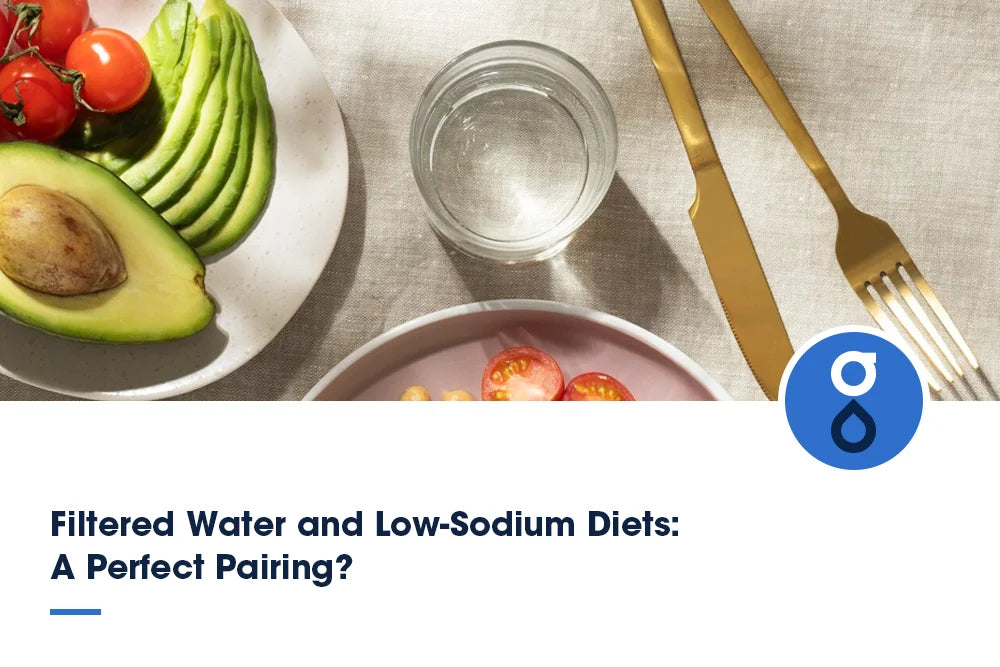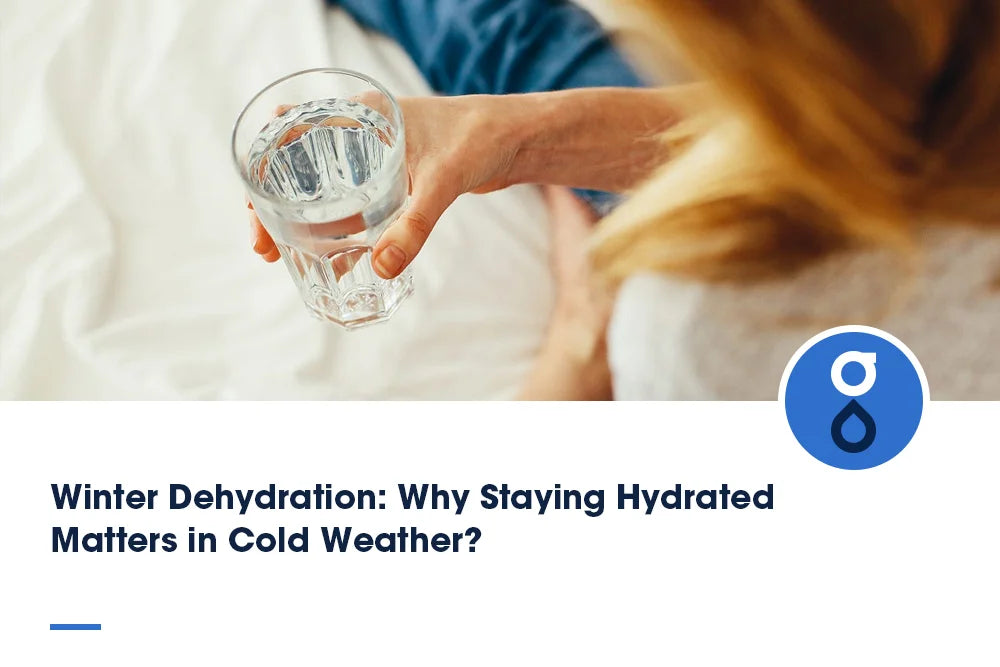Table of Contents:
Die Rolle des Wassers im Körper
Wie viel Wasser sollte man vor dem Training trinken?
Wie hoch ist Ihr Flüssigkeitsbedarf während des Trainings?
Der Trinkplan für nach dem Training
Besondere Überlegungen zur Flüssigkeitszufuhr verschiedener Personen
FAQs
Abschluss
Sie wissen, dass ausreichende Flüssigkeitszufuhr eine wichtige Rolle in Ihrem Fitnessprogramm spielt. Aber wissen Sie auch genau, wie viel Wasser Sie vor, während und nach dem Training trinken sollten? Es ist nicht so einfach, wie Sie vielleicht denken, und Fehler können Ihre Leistung und Regeneration beeinträchtigen. Ich zeige Ihnen die Feinheiten der optimalen Flüssigkeitszufuhr. Sie werden überrascht sein, welchen Unterschied sie machen kann. Bleiben Sie dran – es gibt noch mehr zu entdecken.
Die Rolle des Wassers im Körper

Ihr Körper besteht zu etwa 60 % aus Wasser und ist daher entscheidend für Ihre allgemeine Gesundheit und Fitness. Dieses Wasser füllt nicht nur den Raum, sondern ist aktiv an zahlreichen Körperfunktionen beteiligt. Eine davon ist die Förderung der Wasseraufnahme in Ihren Zellen. Dieser Prozess trägt zur Verteilung wichtiger Nährstoffe im Körper bei und stellt sicher, dass alle Ihre Systeme optimal funktionieren.
Doch was passiert, wenn Sie nicht genug Wasser trinken? Sie spüren die harten Auswirkungen der Dehydration. Sie fühlen sich möglicherweise müde, schwindelig oder leiden sogar unter Kopfschmerzen. Der Grund dafür ist, dass der Elektrolythaushalt Ihres Körpers gestört ist und Ihr Körper Schwierigkeiten hat, grundlegende Funktionen zu erfüllen.
Deshalb ist es so wichtig, ausreichend zu trinken. Flüssigkeitszufuhr hat zahlreiche Vorteile. Sie unterstützt die Verdauung, spült Giftstoffe aus und trägt sogar dazu bei, die Elastizität der Haut zu erhalten.
Der deutlichste Vorteil ist die Leistungssteigerung. Wenn Sie ausreichend hydriert sind, sind Ihre Muskeln besser geschmiert, was das Risiko von Krämpfen und Verstauchungen verringert. Eine ausreichende Flüssigkeitszufuhr kann auch Ihre Konzentration und geistige Klarheit verbessern.
Wie viel Wasser sollte man vor dem Training trinken?
Angesichts der Bedeutung von Wasser für Ihre Körperfunktionen und Ihre allgemeine Gesundheit fragen Sie sich vielleicht, wie viel Sie vor dem Training optimal trinken sollten. Die Antwort könnte einfacher sein, da sie stark von individuellen Unterschieden abhängt. Generell sollten Sie zwei Stunden vor dem Training etwa 500 ml Wasser trinken.
Der richtige Zeitpunkt für die Flüssigkeitszufuhr ist entscheidend, um einen optimalen Elektrolythaushalt aufrechtzuerhalten und Dehydrierung vorzubeugen. Getränke vor dem Training können zwar Ihren Flüssigkeitsbedarf ergänzen, sollten aber kein Wasser ersetzen. Verlassen Sie sich außerdem nicht auf Durstsignale, da diese Ihren Flüssigkeitshaushalt möglicherweise nicht genau wiedergeben. Hier ist eine praktische Tabelle zur Orientierung bei der Flüssigkeitszufuhr vor dem Training:

Wie hoch ist Ihr Flüssigkeitsbedarf während des Trainings?

Eine ausreichende Flüssigkeitszufuhr ist während des Trainings genauso wichtig wie zuvor. Temperatureffekte können Ihren Flüssigkeitsbedarf erhöhen, insbesondere bei intensivem Training in heißen Klimazonen. Durch Schwitzen verlieren Sie mehr Flüssigkeit, und die Wiederauffüllung ist wichtig, um Ihren Elektrolythaushalt aufrechtzuerhalten und Dehydrierung vorzubeugen.
Ihre Flüssigkeitszufuhr sollte auf die Aktivitätsintensität und Ihre Variabilität abgestimmt sein. Hochintensives Training oder lange Ausdauerveranstaltungen erfordern mehr Flüssigkeit als Übungen mit geringer Intensität oder kurzer Dauer. Jeder Mensch ist einzigartig, und das gilt auch für seine Schweißrate. Manche Menschen schwitzen mehr als andere, was sich auf ihren Flüssigkeitsbedarf auswirkt.
Um den Elektrolythaushalt aufrechtzuerhalten, sollten Sie Getränke mit Mineralstoffen wie Natrium und Kalium in Betracht ziehen, nicht nur reines Wasser. Diese Elektrolyte gehen durch Schweiß verloren; ihre Auffüllung ist für die Muskelfunktion und die Vorbeugung von Krämpfen unerlässlich.
Denken Sie daran: Es gibt keine Universalstrategie für ausreichende Flüssigkeitszufuhr. Hören Sie auf Ihren Körper. Anzeichen für Dehydration sind Müdigkeit, Schwindel und Mundtrockenheit. Trinken Sie unbedingt, bevor Sie Durst verspüren. Dann sind Sie bereits dehydriert. Trinken Sie während des Trainings schlürfend, um ausreichend Flüssigkeit zu sich zu nehmen.
Der Trinkplan für nach dem Training
Lassen wir den Fokus von Ihrem Flüssigkeitsbedarf während des Trainings abschweifen und sprechen wir darüber, was passiert, nachdem Sie Ihren letzten Satz beendet oder die Ziellinie überquert haben. Ihr Körper hat hart gearbeitet, und jetzt ist es Zeit, den Flüssigkeitshaushalt wieder aufzufüllen, um den Regenerationsprozess anzukurbeln.
Der richtige Zeitpunkt für die Flüssigkeitszufuhr ist entscheidend. Anzeichen von Dehydration wie Schwindel, Kopfschmerzen oder Mundtrockenheit dürfen nicht ignoriert werden. Beim Training haben Sie nicht nur Wasser verloren, sondern auch wichtige Elektrolyte, die für die normale Körperfunktion unerlässlich sind. Hier ist ein einfacher Trinkplan als Teil Ihrer Regenerationsstrategie:
- Trinken Sie für jedes Pfund, das Sie beim Training verlieren, 16 bis 24 Unzen Flüssigkeit.
- Wählen Sie Flüssigkeitsquellen, die reich an Elektrolyten sind, wie z. B. ein Sportgetränk oder Kokoswasser.
- Trinken Sie nippend, nicht in großen Schlucken. So hat Ihr Körper Zeit, die Flüssigkeit aufzunehmen.
- Wenn Sie nach der Rehydrierung immer noch Durst haben, hören Sie auf Ihren Körper und trinken Sie mehr.
Besondere Überlegungen zur Flüssigkeitszufuhr verschiedener Personen

Jeder Mensch ist einzigartig, und so ist auch sein Flüssigkeitsbedarf. Dieser Bedarf hängt von verschiedenen individuellen Faktoren ab, unter anderem vom Alter. Der Wassergehalt des Körpers nimmt mit zunehmendem Alter ab, daher muss man mehr Wasser trinken, um hydriert zu bleiben.
Die Auswirkungen des Klimawandels sind ein weiterer zu berücksichtigender Faktor. Bei heißem Wetter schwitzt man mehr und muss daher mehr Wasser trinken. Umgekehrt verliert der Körper in kaltem Klima weniger Wasser, sodass man weniger trinken kann. Auch die Trainingsintensität beeinflusst den Flüssigkeitsbedarf. Bei intensivem Training benötigt man mehr Wasser als bei leichteren Aktivitäten. Hier ist eine kurze Anleitung, die Ihnen hilft zu verstehen, wie sich diese Faktoren auf Ihren Flüssigkeitsbedarf auswirken:

FAQs
Wie kann ich feststellen, ob ich dehydriert bin?
Achten Sie auf Anzeichen wie dunkelgelben Urin, Müdigkeit, Schwindel und anhaltenden Durst.
Kann ich zu viel Wasser trinken?
Ja, übermäßige Wasseraufnahme kann zu einer seltenen, aber ernsten Erkrankung namens Hyponatriämie führen, bei der der Natriumspiegel im Blut gefährlich niedrig wird. Mäßigung ist der Schlüssel.
Sind Sportgetränke für alle Trainingseinheiten notwendig?
Nein, die meisten Gelegenheitssportler benötigen keine Sportgetränke. Sie sind vor allem bei längeren oder intensiven Trainingseinheiten sinnvoll, bei denen Elektrolyte durch Schweiß verloren gehen.
Abschluss
Denken Sie daran: Ihre Fitnessleistung hängt maßgeblich von der Flüssigkeitszufuhr ab. Trinken Sie zwei Stunden vor dem Training mindestens 500 ml Wasser. Verlassen Sie sich nicht auf Ihr Durstgefühl, trinken Sie während des Trainings regelmäßig Wasser und erhöhen Sie Ihre Wasserzufuhr bei Hitze. Trinken Sie nach dem Training sofort und greifen Sie zu elektrolytreichen Getränken für eine schnellere Regeneration. Die Überwachung Ihrer Wasseraufnahme sorgt für eine optimale Flüssigkeitszufuhr, unterstützt Ihre allgemeine Gesundheit und maximiert Ihre Fitnessleistung. Achten Sie mit Glacier Fresh auf diesen wichtigen Aspekt Ihrer Routine !

